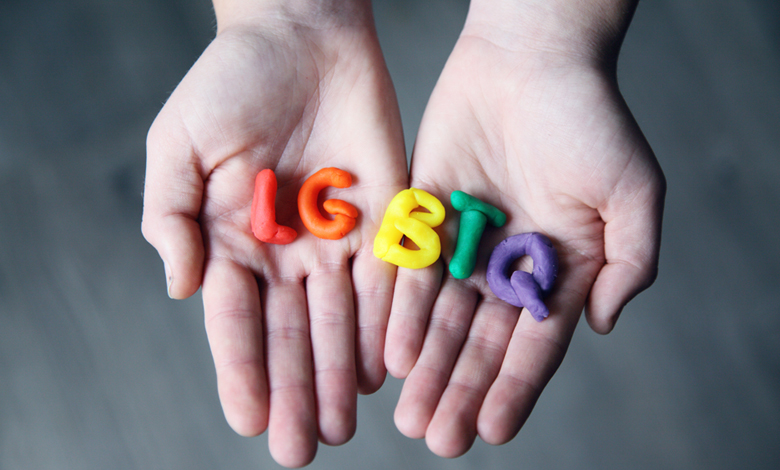3 Reasons So Many LGBTQ People Suffer From Addiction

It is well-known that addiction is more common in the LGBTQ community than in the rest of the population. This is in line with the increased rates of mental illness among LGBTQ people. But why is this the case?
Let’s take a quick look at the statistics to see just how much of a problem this is. Then, we’ll go into the reasons so many LGBTQ people suffer from addiction.
The LGBTQ Community and Addiction
For decades, the statistics have made clear that addiction is a problem in the LGBTQ community. However, the research carried out had methodological issues, including the fact that in some studies, researchers went to bars to survey people. Recent research has shed light on the actual extent of the issue.
People who identify as gay and lesbians are more than twice as likely to suffer from substance use disorders as the rest of the population. Bisexual people are three times as likely. For transgender people, the disparity is even wider.
Why do LGBTQ people suffer from such high rates of substance abuse? The simplest answer is “minority stress.” This refers to the fact that health outcomes for minorities are generally poorer due to the stressors that they face. But it is useful to look at the specific contributors when it comes to LGBTQ people.
1. Discrimination
While the US is becoming more and more accepting of LGBTQ people, there is still a fair amount of discrimination. This discrimination occurs in the workplace, in social situations, in schools, and in families. For transgender people, discrimination has been technically legal in a number of states until recently, with employers able to fire a person for no other reason than their gender identity.
Substance abuse for LGBTQ people can begin as a way of numbing out the pain and emotions caused by discrimination. The stressors add up and become difficult to manage, and substances provide an immediate, if unsustainable, way out.
2. Internalized Shame
Because of the stigma surrounding non-heteronormative sexual and gender identities, LGBTQ people internalize shame while growing up. They learn to hide in plain sight while pushing down characteristics that they believe to be unacceptable. They take on the shame that others project onto them.
Shame is a difficult emotion to regulate, and it can flare up when an LGBTQ person acts according to their sexual or gender identity. A man who has sex with a man, for example, may feel extreme shame and guilt afterwards. Alcohol and substances become a way of numbing out or distracting from the shame.
For some LGBTQ people, substances become a preemptive measure, providing a way to release their inhibitions so as to do things that they consider shameful. This becomes a cycle, leading to addiction.
3. Mental Illness
Substance abuse does not often occur in isolation. Much of the time, there is one or more co-occurring mental illnesses. Mental illness can lead to substance use as a way to manage difficult feelings and experiences. Common co-occurring disorders include depression, anxiety, insomnia, bipolar disorder, and obsessive-compulsive disorder (OCD).
Many LGBTQ people suffer from mental illnesses as a result of the discrimination and stigma they face. The expectation that they will have to hide who they really are all their lives creates a sense of hopelessness, which can trigger depression. The fear of being outed can lead to anxiety disorders.
To deal with these mental illnesses, LGBTQ people may turn to alcohol and substances. While many non-LGBTQ people suffering from mental illness also begin using substances, they are more likely to seek help from family and friends as well as professionals. LGBTQ people, especially those who are in the closet, may not consider that a possibility.
LGBTQ people suffer significantly higher rates of substance abuse than the general population. This is due to a number of factors that are often collectively referred to as minority stress. While it is becoming easier to live as an LGBTQ person in the United States, there is still a fair amount of discrimination and stigma.




